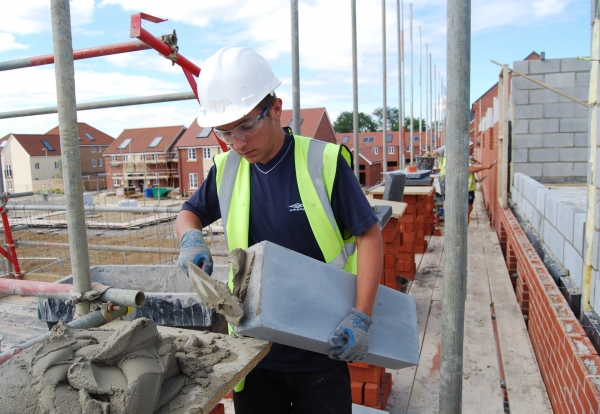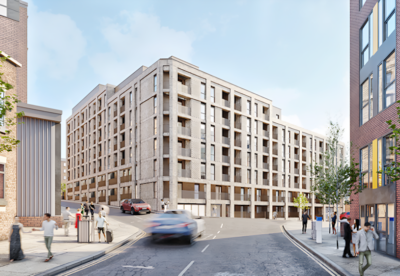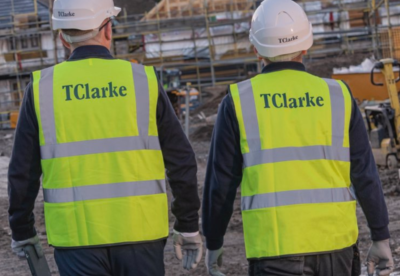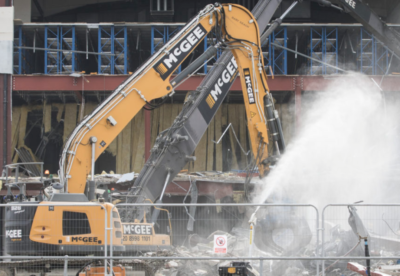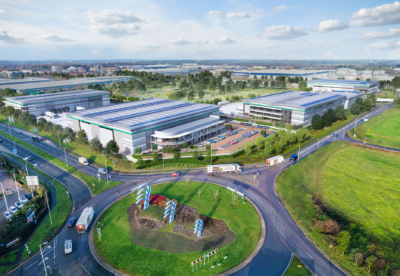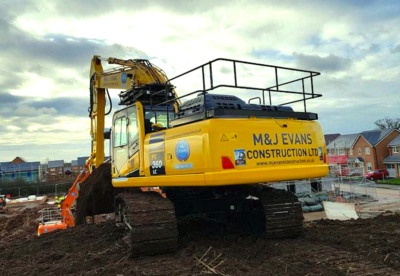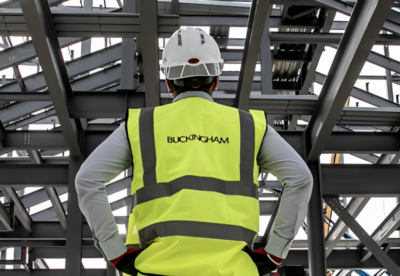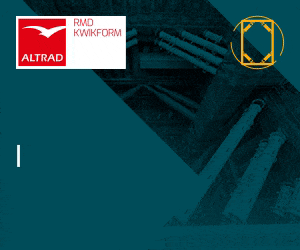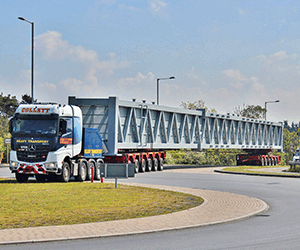The Infrastructure Bill contained a raft of measures that seek to ease planning red tape and section 106 requirements as well as exempting smaller house builders from stricter lower carbon building standards from 2016.
The Homes and Community Agency will get more power to take control of Government land for housing and the Highways Agency will be turned into a Government-owned company.
This will ensure stable, long-term funding needed to plan road projects.
There will also be fresh measures to strengthen prompt payment on Government contracts, but further details will be released later.
Queen’s Speech at a glance
Infrastructure Bill
The Highways Agency will be turned from an executive agency into a government-owned company, with a shake-up of its funding.
The process of applying for a development consent order for building projects of national significance will be simplified and speeded up.
Homes and Communities Agency will be able to assume control of land directly from other government quangos.
The Zero Carbon Home standard will be set at Level 5 of the Code for Sustainable Homes. But house builders will be able to “offset” the carbon emissions of new homes after they have been built, to meet zero carbon standards due from 2016.
Small Business, Enterprise and Employment Bill
Measures to improve payment practices between small businesses and their customers
Small firms will get fairer access to the £230bn spent each year in the form of public procurement contracts
Measures to stimulate house building
Launch £525m Builders’ Finance Fund to deliver up to 15,000 further homes on small sites over the course of its programme.
The Government will also scale back the imposition of Section 106 levies on small-scale development.
Introduce the secondary legislation to allow for a locally supported garden city to be built in Ebbsfleet, backed by an Urban Development Corporation.
Speed up the time taken for sites granted planning permission to be built out.
Reform unwieldy procedures and conditions attached to existing planning permissions, whilst protecting environmental safeguards.
Amend secondary legislation to further reform change of use rules to make it easier for empty and redundant buildings to be converted into productive use, supporting brownfield regeneration and increase the supply of new homes.
The measures were roundly welcomed by industry as evidence that infrastructure and housing remains high up the political agenda in the run up to the next election.
“Today’s Queen’s Speech announcing measures to allow zero carbon exemptions for small developers, and new legislation to tackle late payment, will make a meaningful difference to the fortunes of small construction firms and house builders,” said Brian Berry, chief executive of the Federation of Master Builders.
Head of infrastructure at WSP Duncan Symonds said: “What will be crucial now is getting that all important cross party support for the Infrastructure Bill, especially as we enter the pre-election period.
“Industry needs to play it’s part by keeping up the momentum so that infrastructure remains a key political plank up until and beyond the election.”
Jeremy Blackburn, RICS Head of Policy, said: “It’s good to see the green agenda highlighted and zero carbon targets are important, but a lack of clarity could hinder housing supply and this makes the early definition of small sites crucial.
“Allowable solutions must not be seen as a ‘get out’ clause for the property sector to shy away from its responsibility to embodied and emitted carbon reduction.”







